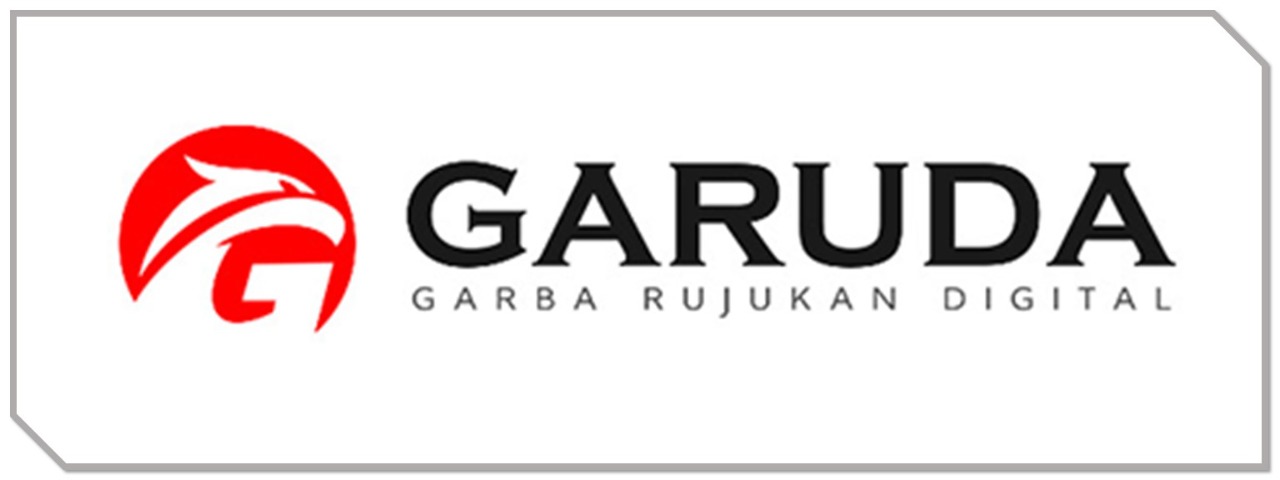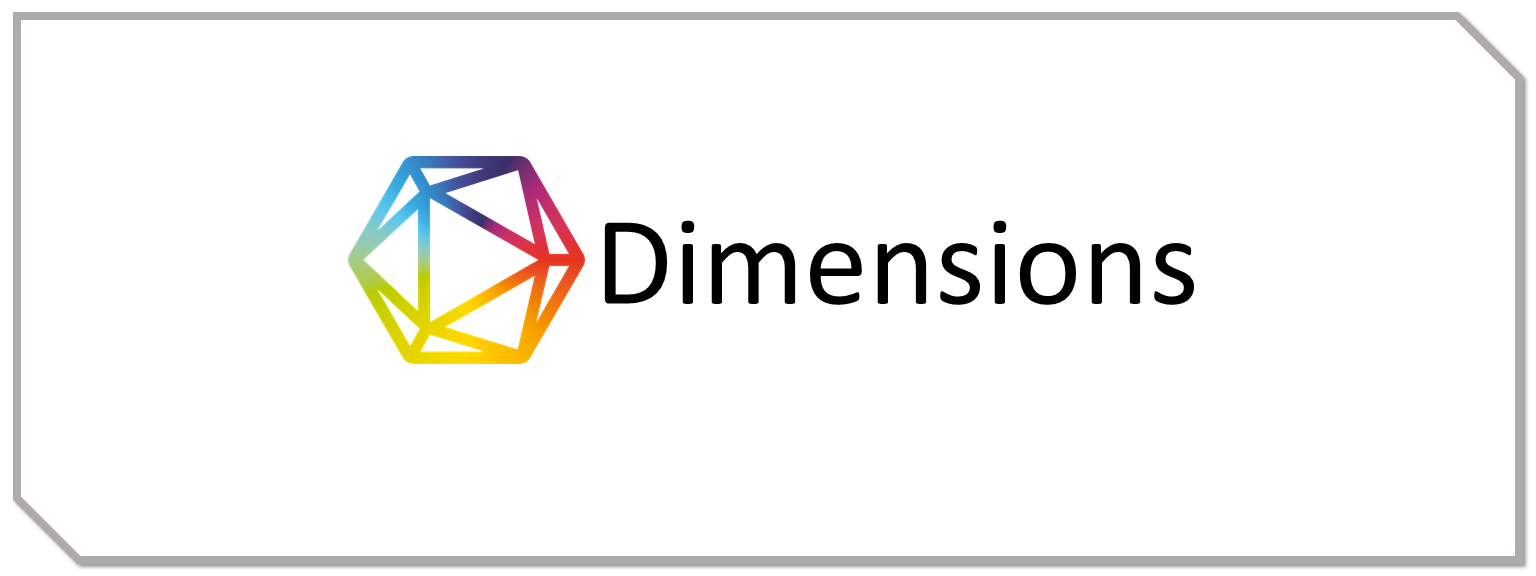Pengaruh Beban Kerja, Stres Kerja Dan Kepuasan Kerja Terhadap Kinerja Karyawan Kantor BPJS Kesehatan Cabang Magelang
DOI:
https://doi.org/10.59581/jmki-widyakarya.v2i2.2963Keywords:
perception of organizational support, work engagement, innovative behaviorAbstract
In order to achieve effective and efficient organizational goals, it is necessary to improve employee performance at BPJS Health Magelang Branch. Suitability of workload for each employee is an important factor in creating good conditions for each employee. Apart from that, the condition of employees with low stress and high satisfaction with the organization is a key variable in realizing increased employee performance. This research aims to determine the influence of these three variables on employee performance. The method and analysis used in the research is a quantitative method with multiple regression analysis. The data collection technique used was a questionnaire to all permanent employees at BPJS Health Magelang Branch with a total of 48 respondents. The results of this research show that first, there is a significant and negative influence of workload on employee performance as evidenced by the calculated t value of -3.096 and a significance of 0.003. Second, work stress has a significant and negative influence on employee performance as evidenced by the calculated t value of -2.642 and a significance of 0.011. Third, job satisfaction also has a significant and positive influence on employee performance as evidenced by the calculated t value of 2.641 and a significance of 0.018. Fourth, from the results of calculating the coefficient of determination it can be concluded that workload, work stress and job satisfaction together have an influence on employee performance was 56.5%.
References
Andani, N. W. R., & Wibawa, I. M. A. (2022). Pengaruh Kepemimpinan Inklusif Terhadap Perilaku Inovatif Karyawan Dimediasi Oleh Perceived Organizational Support. E-Jurnal Manajemen Universitas Udayana, 11(2), 210–229. https://doi.org/https://doi.org/10.24843/EJMUNUD.2022.v11.i02.p01
Baharudin, R.D.M. dan Ekowati, D. (2022). Psychological Capital dan Innovative Work Behavior pada Perusahaan Tenun Ikat. Jurnal Pendidikan Kewirausahaan Indonesia, 5(2), 109–131. https://doi.org/https://doi.org/10.21632/perwira.
Bawono, A. (2016). Multivariate Analysis dengan SPSS. STAIN Salatiga press.
CNBC Indonesia. (2023). Dirut BPJS Kesehatan Beberkan Inovasi JKN di Forum AeHIN. https://www.cnbcindonesia.com/news/20231107193314-4-487163/dirut-bpjs-kesehatan-beberkan-inovasi-jkn-di-forum-aehin
Fairuz, Abdul Rahman Lubis, dan S. C. (2018). Keterikatan Kerja Dan Perilaku Inovatif Karyawan Badan Pengusahaan Kawasan Sabang. Jurnal Magister Manajemen, 2(2), 180–186.
Gaynor, G. H. (2015). Innovation by Design. American Management Association.
Ghozali. (2016). Aplikasi Analisis Multivariat dengan Program SPSS. Badan Penerbit Universitas Diponegoro.
Gibels, E., Reuver, R. S., Rispens, S., & Ufkes, E. G. (2016). The Critical Roles of Task Conflict and Job Autonomy in The Relationship Between Proactive Personalities and Innovative Employee Behavior. The Journal of Applied Behavioral Science, 52(3), 320–341. https://doi.org/10.1177/0021886316648774.
Iksan, N.; Widodo, S. . dan Praningrum. (2020). Pengaruh Sumber Daya Pekerjaan, Sumber Daya Individu dan Beban Kerja terhadap Keterikatan Kerja dan Dampaknya pada Kinerja Pegawai Sekretariat Daerah Kabupaten Seluma. The Manager Review, 2(2), 52–67.
Ilyasa, Madhakomala & Ramly, M. (2018). The Effect of Organization Culture, Knowledge Sharing and Keterikatan kerja on Employee Work Innovation. International Journal of Scientific Research and Management, 6(1). https://doi.org/https://doi.org/10.18535/ijsrm/v6i1.em09.
Izzatuddin, S., & Kusumastuti, R. (2021). Relationship Between Keterikatan kerja and Innovative Behavior: Empirical Study of PT Bank BRI Syariah Tbk in DKI Jakarta, West Java, and Banten. Jurnal Administrasi Bisnis, 10(2), 87–98. https://doi.org/https://doi.org/10.14710/jab.v0i0.36684 b6
Jong, J. P. J. D., & Hartog, D. N. D. (2018). Innovative work behavior measurement and validation. EIM Research Reports.
Kim, M. S., & Koo, D. W. (2017). Linking LMX, Engagement, Innovative Behavior, And Job Performance in Hotel Employees. International Journal of Contemporary Hospitality Management.
Kraimer. J. (2018). Organisasi dan Konsep Manajemen Terpadu. Penerbit Erlangga.
Li, X. & Zheng, Y. (2014). The influential factors of employees’ innovative behavior and the management advices. Journal of Service Science and Management, 7, 446–450.
Mathis, R. L. & J. H. Jackson. (2016). Human Resource Management: Manajemen Sumber Daya Manusia (T. D. Angelia (ed.)). Salemba Empat.
Riduwan. (2015). Dasar-Dasar Statistika. Alfabeta.
Robbins, S. (2018). Perilaku Organisasi. PT. Indeks Kelompok Gramedia.
Santoso, D. dan Nugraheni, D. (2022). Peran iklim organisasi, kepemimpinan transformasional, knowledge sharing dan keterikatan kerja bagi peningkatan perilaku kerja inovatif. Jurnal Riset Ekonomi Dan Bisnis, 15(2), 118–132.
Sekaran, U. dan Bougie, R. (2017). Metode Penelitian untuk Bisnis: Pendekatan Pengembangan-Keahlian. Salemba Empat.
Setyawati, L. dan Satiningsih. (2020). Hubungan antara Persepsi Dukungan Organisasi dengan Perilaku Inovatif pada Karyawan di PT X. Character: Jurnal Penelitian Psikologi, 7(3), 185–195.
Sholikah, W.N. dan Mulyana, O. P. (2022). Hubungan Antara Persepsi Dukungan Organisasi Dengan Kepuasan Kerja Pegawai Bappeko X. Character: Jurnal Penelitian Psikologi, 9(5), 1–13.
Sugiyono. (2019). Metode Penelitian. Alfabeta.
Suryabrata, S. (2016). Metodologi Penelitian. PT. Raja Grafindo Persada.
Syarifuddin (2022). Jurnal Jaminan Kesehatan Nasional (JJKN), Volume 2 Number 1 hal 66-68.
Tjandra, H.C.; Wijaya, A.W.; dan Thio, S. (2018). Pengaruh Perceived Organizational Support terhadap Komitmen Afektif Karyawan Hotel di Surabaya. Jurnal Hospitality dan Manajemen Jasa. 6(2), 510–123.
Widjaja, D.C.; Limantara, S.; dan Artha, W. (2019). Analisa Pengaruh Transformational Leadership terhadap Keterikatan kerja Melalui Workplace Spirituality Sebagai Variabel Intervening di Hotel Four Points Surabaya. Jurnal Hospitality Dan Manajemen Jasa, 7(2), 453–470.
Windiarsih, R., & Etikariena, A. (2017). Hubungan antara Kepribadian Proaktif dan Perilaku Kerja Inovatif. Jurnal Psikogenesis, 5(2).
Winola, O.R. dan Raharja, E. (2023). Pengaruh Persepsi Dukungan Organisasi terhadap Kinerja Guru dengan Dimediasi oleh Perilaku Kerja Inovatif (Studi pada Guru SMA Negeri 1 Klaten). Diponegoro Journal of Management, 12(1), 1–10. http://ejournal-s1.undip.ac.id/index.php/dbr
Downloads
Published
How to Cite
Issue
Section
License
Copyright (c) 2024 Jurnal Manajemen Kreatif dan Inovasi

This work is licensed under a Creative Commons Attribution-ShareAlike 4.0 International License.
















